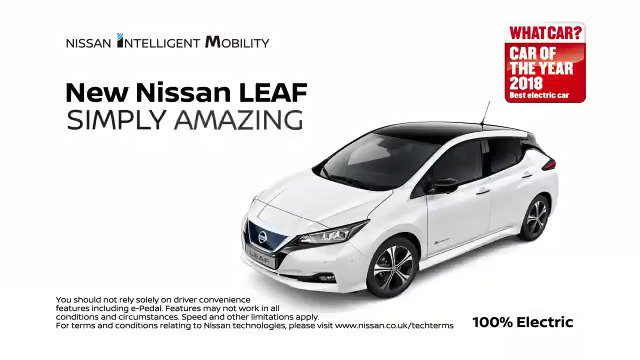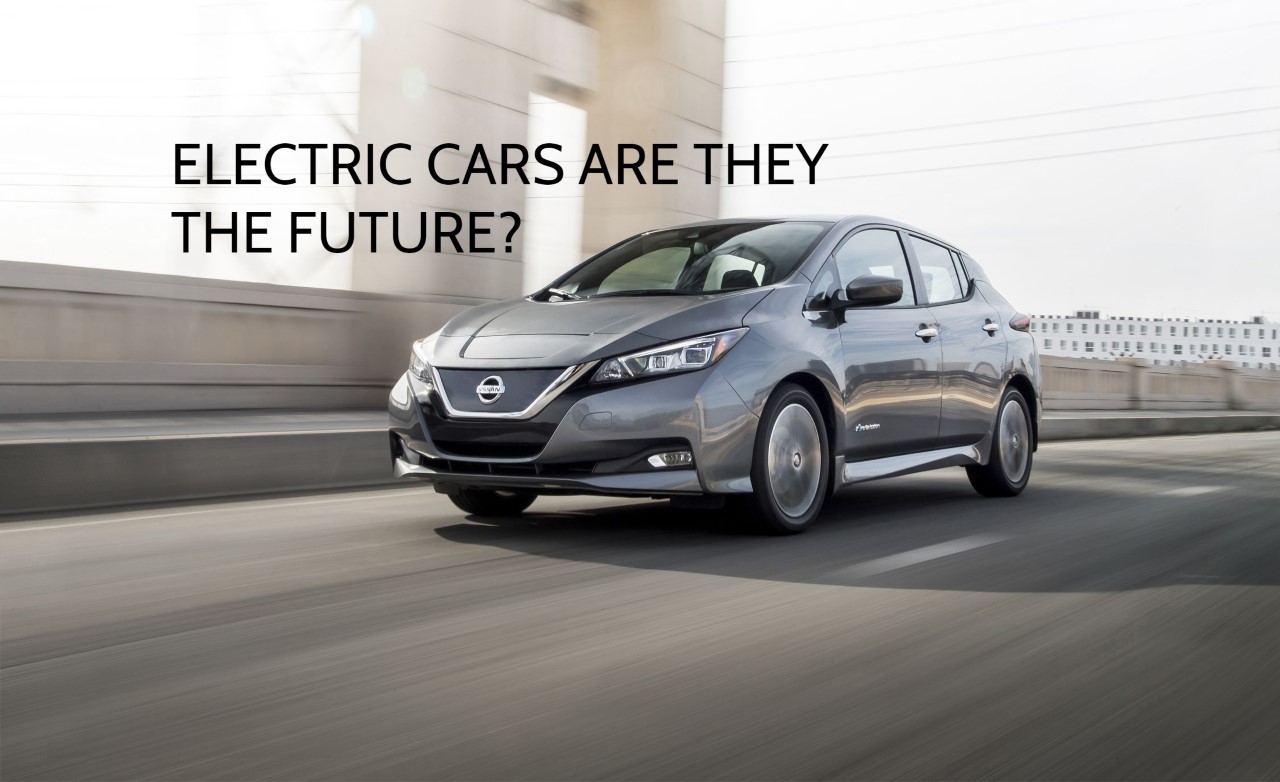FOR the last few months I have been driving and selling the ‘World’s best selling electric car’, the new Nissan Leaf.
Not only are the running costs minimal, it is also an extremely fun car to drive, equipped with all the latest technology. The shift to electric vehicles (EV) is well and truly under way, with more electric cars than ever on our roads. There are also more industry and government initiatives available to help people to make the switch. It’s estimated there are currently around 5,500 electric cars on the roads in Ireland. The Government however plans to increase this to 20,000 vehicles by 2020. With so many benefits for both the environment and your pocket, driving an electric car makes so much sense. Here’s why electric vehicles really are the transport mode of the future.
They’re more affordable to run
An electric car can reduce your transport costs by 74 per-cent, compared to a similar diesel engine car. The SEAI is offering grants of up to €5,000 towards the cost of an electric vehicle and motorists can avail of up to €5,000 Vehicle Registration Tax relief. There is also a €600 grant available towards the purchase and installation of a home charger unit. As if that wasn’t enough, EVs have the lowest rate of motor tax available in Ireland at €120 per year.
Toll discounts
A government incentive, introduced this summer, gives drivers of electric cars reduced toll fees on roads around the country. Electric car owners can save up to €500 and commercial vehicle owners can save up to €1,000, with toll charges on the M50 and other major motorways recently slashed by up to 75pc.
On the M50, fully electric cars will be able to avail of half-price tolls during peak traffic hours and there is a 75 per-cent discount during off-peak hours. The current M50 toll charge for drivers with electronic tags is €2.10, which means electric car drivers will be charged €1.05 for each journey.
Overnight charging at a low cost
The SEAI is offering EV buyers a grant of up to the value of €600 towards the purchase and installation of a home charge unit. Charging an EV overnight can cost as little as €2 using cheaper night rate electricity.
Charging points are readily available
Ireland has a comprehensive public charging network, with more than 1,100 standard and fast charge points installed nationally by ESB. These are located at shopping centres, car parks and on-street with fast charge points located on all major inter-urban routes. The fast chargers can typically charge a car to 80 per-cent in less than 30 minutes.
They’re kinder to the environment
Road transport emissions are one of the primary sources of greenhouse gas emissions. As such, the transition to electric vehicles is a vital step towards reducing carbon dioxide emissions and improving air quality in towns and cities. Embracing the electrification of transport is essential if we want to meet our EU emission targets and create a brighter future for all.

They’re kinder to your health
Rising levels of nitrogen oxides from vehicle exhausts pose a major health risk. Exhaust fumes from petrol and diesel cars can cause considerable damage to your lungs. Combustion engine emissions can lead to respiratory illnesses such as pneumonia, emphysema, bronchitis and other diseases. EVs don’t produce emissions so switching to an electric car is kinder to the environment and kinder to your health.
They reduce noise pollution
EVs produce less noise than cars with internal combustion engines. If you live in a major town or city, the transition from traditional motor cars to electric cars will lead to a reduction in noise pollution.
You can drive further for longer
The EV market is continuously expanding. Electric cars are no longer a niche product restricted to short commutes and city driving. Improvements in design and technology mean that motorists don’t have to compromise their lifestyle when purchasing an electric car or electric vehicle. Many EVs on the market now have increased real-life ranges of between 250 and 300km.
Electric cars are going mainstream
Electric cars are set to be ‘the new normal’, according to SEAI.
According to the Irish EV Owners Association, one in 37 new cars sold in April 2018 had a socket. Indeed, according to a recent Ipsos Mori study, one in seven survey respondents said they are likely or very likely to buy an EV within the next five years, rising to one in five in April of this year. It’s time to get plugged in.
The new 100 per-cent electric Nissan Leaf is exceeding all expectations and our customers are loving their new purchases while saving money.
Call in for a test drive at our showroom in Drumkeen or Malin or contact us on 074 9134567 with any queries you might have.
Receive quality journalism wherever you are, on any device. Keep up to date from the comfort of your own home with a digital subscription.
Any time | Any place | Anywhere










